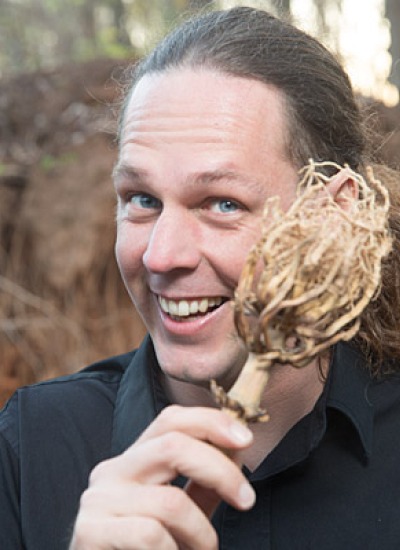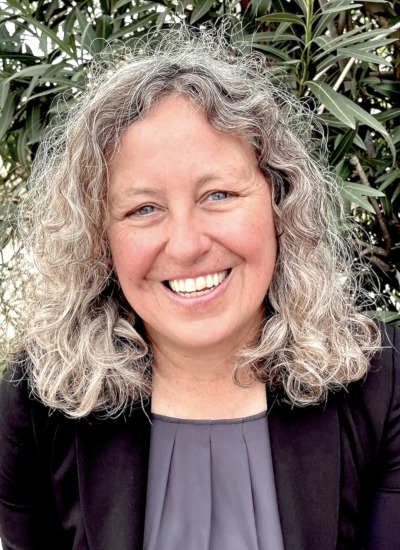School of Plant Sciences
Betsy Arnold
Work Summary
I am an evolutionary ecologist with expertise in plant microbiomes in both wild and agricultural ecosystems. My group and I use the tools of microbiology, molecular ecology, informatics, systematics, organismal biology, and genomics to study the distributions and impacts of plant-associated microbes worldwide, with study sites that range from the Arctic to tropical rainforests. Our interests in fungal biodiversity, plant-microbe interactions, fungal-bacterial dynamics, and molecular ecology are readily translated to animal systems in diverse settings. We collaborate with agricultural experts in academia and industry, natural products chemists interested in pharmaceutical drug discovery, and academic partners interested in identifying and translating principles of biodiversity research to human endeavors. We are active in outreach, especially with high school researchers, teachers, and classes, and welcome diverse graduate students and undergraduates with an interest in plant microbiology and its applications.
Research Interest
David A Baltrus
Work Summary
We are interested in understanding the genetic basis for bacterial interactions with other organisms (be they plants, insects, fungi, other bacteria), and on how evolution shapes these interactions. By better understanding the rules and molecules that structure such relationships, we hope to develop new ways to manipulate these interactions (e.g. through the development of specific antimicrobial compounds) or shape their evolutionary dynamics through time.
Research Interest
David A Kudrna
Work Summary
We are a plant genomics lab who specialize in whole genome sequencing and assembly; with analyses of structural variation, gene modeling and transcriptomes. Our work on major projects of rice, corn, barley, etc, allows us to share our technical expertise with other researchers.
Research Interest
Ramin Yadegari
Research Interest
Zhongguo Xiong
Research Interest
Rod A Wing
Work Summary
Harnessing 15MY of natural variation in the genus Oryza (rice) to help solve the 10-billion people question: i.e. how do we feed our world without destroying our world.
Research Interest
Karen S Schumaker
Research Interest
Monica Schmidt
Work Summary
My research focus is on functional foods—designing crops to deliver more than mere calories—by both adding nutritional compounds and eliminating anti-nutritional compounds. I work on enhancing seeds of two of the most globally important crops, soybean and corn.
Research Interest
Barry M Pryor
Research Interest
Pagination
- Page 1
- Next page











